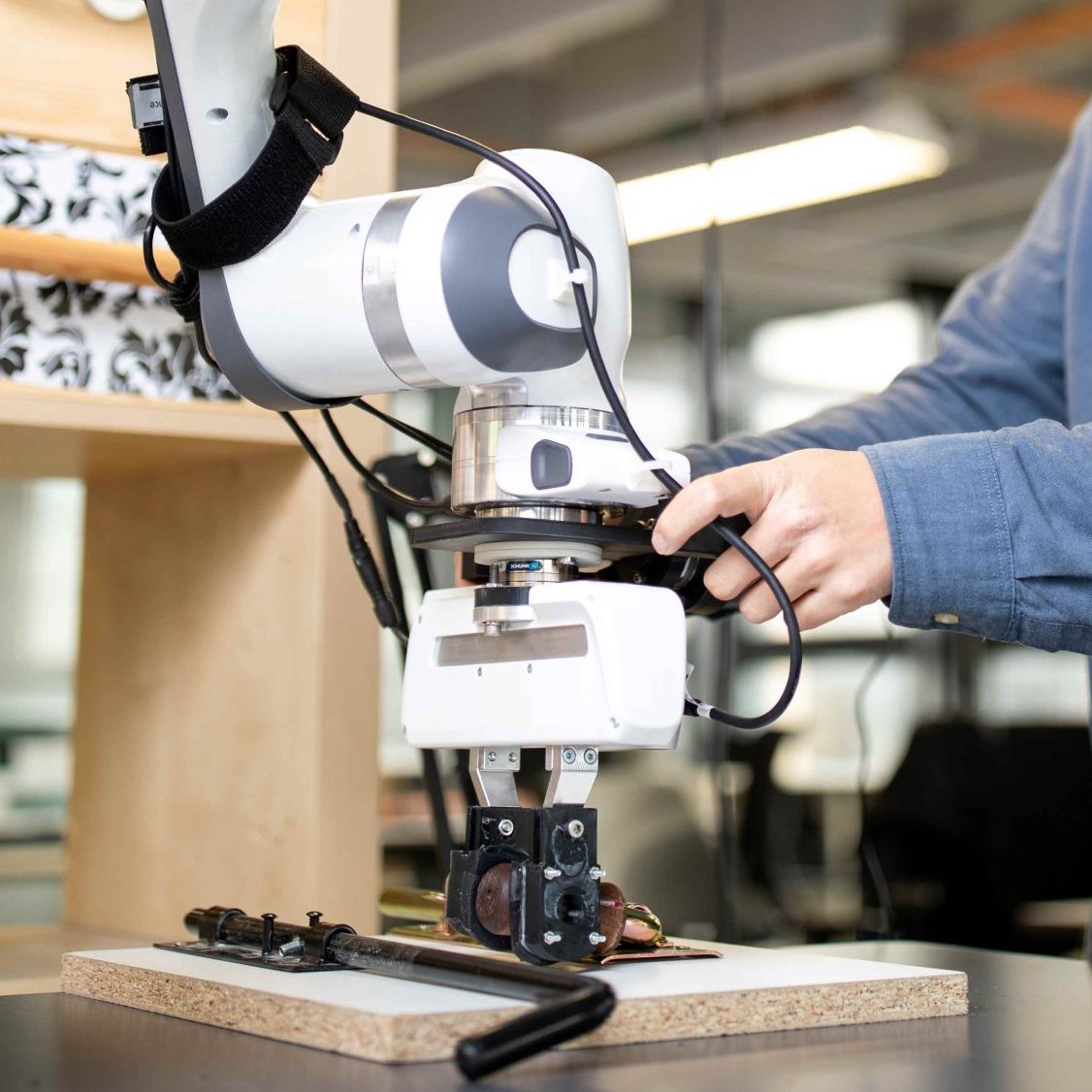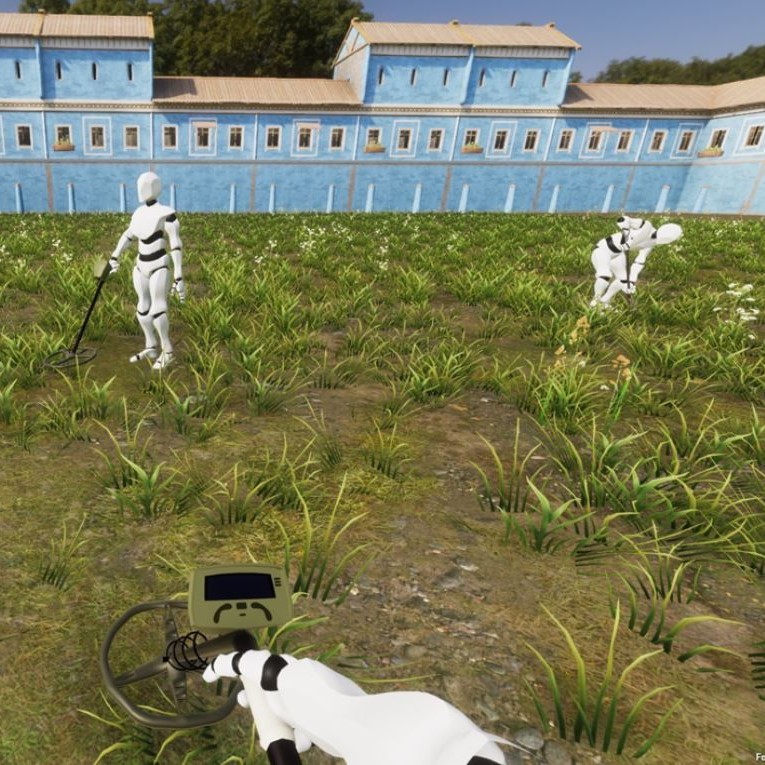
Maarten Sap (Carnegie Mellon University), “Artificial Social Intelligence? On the Challenges of Socially Aware and Ethically Informed LLMs”
SCIoI, Marchstraße 23, 10587 Berlin, Room 2.057Modern AI systems such as LLMs are pervasive and helpful, but do they really have the social intelligence to seamlessly and safely engage in interactions with humans? In this talk, Maarten Sap will delve into the limits of social intelligence of LLMs and how we can measure and anticipate their risks. He will introduce Sotopia,















